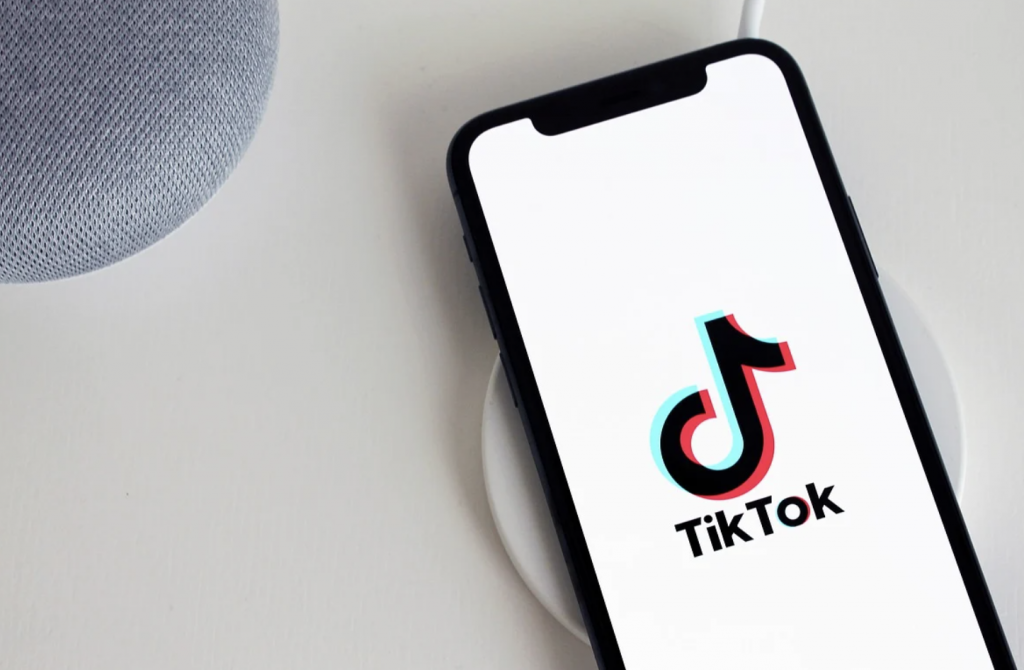TikTok Officially Deemed National Security Threat In Two US States
This article is more than 2 years old

TikTok is once again in the news under less-than-ideal circumstances. The popular social media app has come under fire recently for its possible connection to the Chinese government. And now, two US states have taken direct action against the company.
It all started in 2020 when the CIA publicly admitted the Chinese government could intercept data shared on TikTok. That same year, the Trump administration took measures to ban the app from government-issued devices. And the current Biden administration has left that ban in place.
However, many believe those steps are not enough. They want more direct measures taken to protect user privacy. And to protect children.
So, for them, the actions taken by two US states this week were welcome news. In Texas, Governor Greg Abbott started the ball rolling on several state-level measures. One of those was to request that the Texas legislature work toward cybersecurity reforms.
Abbott wrote them a letter that stated, in part, “TikTok harvests vast amounts of data from its users’ devices — including when, where, and how they conduct internet activity—and offers this trove of potentially sensitive information to the Chinese government.” The governor also contacted the Texas Department of Information Resources and the Texas Department of Public Safety with a simple request – to have them address possible vulnerabilities. But Abbott didn’t stop there.
He also asked every state agency to take preventative steps to protect their employees. Abbott requested that they ban TikTok from government-issued laptops, phones, and tablets. However, there is no word on whether those agencies plan to honor his request.
The other state standing firm against TikTok is Indiana. Todd Rokita, the state’s Attorney General, filed two lawsuits against the social media giant. One specifically targets the privacy issues surrounding minors on the platform.
According to CNET, “The first alleges that the platform “lured children” into content on the app that contained sexual content, profanity or drug references.” This lawsuit, in particular, will be welcome news for child privacy advocates who work hard to protect younger kids in an increasingly online world.
And the second lawsuit filed by Rokita echoes the FBI’s concerns that the app is a threat to national security. The Attorney General stated, “The TikTok app is a malicious and menacing threat unleashed on unsuspecting Indiana consumers by a Chinese company that knows full well the harms it inflicts on users. With this pair of lawsuits, we hope to force TikTok to stop its false, deceptive and misleading practices, which violate Indiana law.”
For its part, TikTok denies any connection to the Chinese government or any wrongdoing. It claims that the ban by the federal government and the requested ban in Texas is based on false information. A spokesperson for the platform said the bans are “largely fueled by misinformation about our company.”
Additionally, the company believes it is not a national security threat and claims to protect users. An email statement claimed, “We are also confident that we’re on a path in our negotiations with the US government to fully satisfy all reasonable US national security concerns, and we have already made significant strides toward implementing those solutions.” Time will tell whether those strides are long enough to satisfy officials at the federal and state levels.





